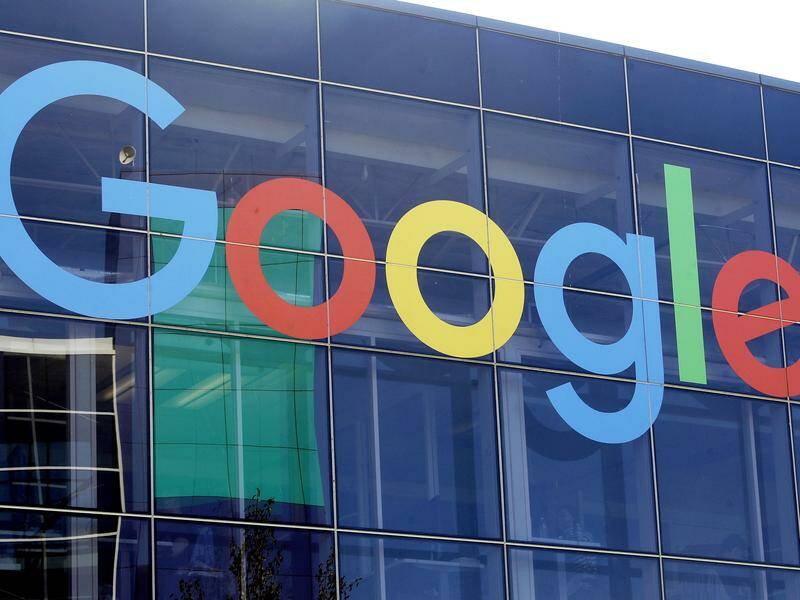In a landmark antitrust ruling, a federal judge has decided that Google can retain control of its Chrome browser but must share its search data with competitors. This decision, delivered on August 25, 2025, marks a significant moment in the ongoing scrutiny of Big Tech’s dominance in the digital ecosystem. The ruling stems from a high-profile case brought by the U.S. Department of Justice (DOJ) and several state attorneys general, accusing Google of monopolistic practices in search and advertising. While the decision allows Google to maintain its grip on Chrome, the requirement to share search data could reshape the competitive landscape for search engines and digital advertising.
Background of the Case
The case, initiated in 2020, centered on allegations that Google abused its market power to stifle competition in online search and advertising. The DOJ argued that Google’s dominance—controlling roughly 90% of the U.S. search market—stemmed from anticompetitive tactics, including exclusive agreements with device manufacturers and browsers to make Google the default search engine. A key focus was Google’s ownership of Chrome, which commands over 60% of the global browser market, and its integration with Google Search.
Prosecutors sought structural remedies, including the potential divestiture of Chrome, to weaken Google’s ecosystem. They contended that Chrome’s dominance allowed Google to collect vast amounts of user data, which it leveraged to refine its search algorithms and maintain an edge over rivals like Bing, DuckDuckGo, and smaller players. The case also examined Google’s advertising technology, which critics claimed was used to marginalize competitors in the ad market.
The Judge’s Ruling
U.S. District Judge Amit Mehta, presiding over the case, issued a nuanced decision. He rejected the DOJ’s push to force Google to sell Chrome, citing insufficient evidence that divesting the browser would directly address anticompetitive harms in the search market. Mehta noted that Chrome’s success was partly due to its technical merits—speed, security, and user experience—rather than solely exclusionary practices. Forcing a sale, he argued, could disrupt innovation and consumer choice without guaranteed benefits to competition.
However, the judge imposed a significant remedy: Google must share its search data with rival search engines for a period of five years. This includes anonymized query logs, click-through rates, and other behavioral data that Google collects through its search engine and Chrome. The goal is to level the playing field by enabling competitors to improve their algorithms and deliver more relevant search results. Mehta emphasized that data is the “lifeblood” of modern search engines, and Google’s exclusive access to vast datasets has created a formidable barrier to entry.
Implications for Google
The ruling is a mixed bag for Google. Retaining Chrome ensures the company maintains control over a critical gateway to the internet, where it can continue to promote its services and collect user data. Chrome’s integration with Google accounts, cloud services, and extensions remains a cornerstone of its ecosystem. However, the mandate to share search data poses challenges. Competitors could use this data to enhance their algorithms, potentially eroding Google’s dominance in search quality. Moreover, sharing data raises privacy concerns, as Google must ensure compliance with regulations like GDPR and CCPA while implementing the court’s order.
Google has indicated it may appeal the data-sharing requirement, arguing that it could compromise trade secrets and user trust. The company has long maintained that its search algorithms are proprietary and that sharing underlying data could weaken its competitive edge. Despite these concerns, Google’s stock rose 3% after the ruling, reflecting investor relief that Chrome remained untouched.
Impact on Competitors
For rival search engines, the ruling is a potential game-changer. Companies like Microsoft (Bing), DuckDuckGo, and emerging players stand to benefit from access to Google’s search data. Bing, which holds about 7% of the U.S. search market, could refine its algorithms to better compete on relevance and user experience. DuckDuckGo, known for its privacy-focused approach, may leverage the data to enhance its search capabilities while maintaining its commitment to user anonymity.
The data-sharing mandate could also spur innovation among smaller search startups. Historically, new entrants have struggled to compete due to Google’s unmatched data advantage. With access to query logs and click data, these companies could develop more sophisticated algorithms, potentially attracting users seeking alternatives to Google’s ecosystem.
Broader Industry Ramifications
The ruling has ripple effects beyond search engines. In digital advertising, where Google controls a significant share of the market, competitors like The Trade Desk and smaller ad-tech firms could indirectly benefit. Improved search engines may draw users away from Google, reducing its dominance in search advertising, which generated $175 billion in revenue for Google in 2024.
The decision also sets a precedent for future antitrust cases against Big Tech. With ongoing investigations into Amazon, Apple, and Meta, regulators may adopt similar remedies that focus on data sharing rather than outright divestitures. This approach aims to foster competition without dismantling successful products that consumers value.
Challenges and Criticisms
Critics of the ruling argue that it doesn’t go far enough. Some antitrust advocates, including certain state attorneys general, wanted a breakup of Google’s empire, including Chrome and parts of its ad-tech stack. They contend that data sharing, while significant, may not sufficiently weaken Google’s entrenched position, given its vast resources and brand loyalty.
Implementation challenges also loom. Determining what data Google must share, ensuring user privacy, and preventing misuse by competitors will require robust oversight. The court has appointed a technical committee to monitor compliance, but the process could lead to disputes and delays.
Looking Ahead
The ruling marks a pivotal moment in the tech industry’s regulatory saga. For Google, it’s a partial victory that preserves Chrome but introduces new competitive pressures. For rivals, it’s an opportunity to challenge Google’s dominance, provided they can capitalize on the shared data. For consumers, the outcome could lead to more choices in search and browsing, though the full impact will unfold over years.
As the tech landscape evolves, this decision underscores the growing role of data in competition policy. By focusing on data sharing rather than structural breakups, regulators are testing a new approach to reining in Big Tech. Whether it succeeds in fostering a more competitive digital ecosystem remains to be seen.




